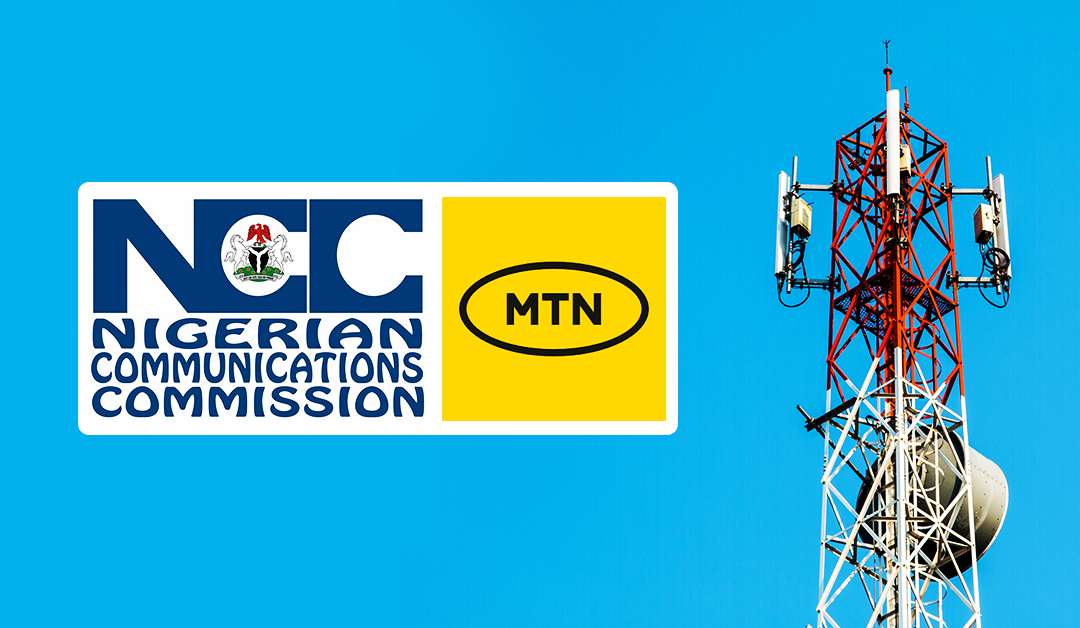The Nigerian Communications Commission (NCC) announced Thursday that as of May 2025, the nation had achieved 48.81 percent broadband penetration and 79.65 percent teledensity.
Unveiling of General Authorisation Framework
The Commission disclosed this at the unveiling of the General Authorisation Framework, a draft licensing regime, at a stakeholders’ forum in Abuja.
The forum’s goal was to encourage innovation and integrate new technologies in Nigeria’s telecom industry.
Dr Aminu Maida, the NCC’s Executive Vice Chairman, spoke at the forum on behalf of Rimini Makama, the Executive Commissioner for Stakeholder Management.
She explained that the new framework was created to support startups, new service models, and emerging technologies in response to the rapidly evolving digital economy.
“We are at a turning point where the nature of innovation demands a regulatory approach that is enabling and forward-looking,” Maida said.
Tools introduced in the draft
The draft introduces three tools: the Regulatory Sandbox for controlled testing, the Proof-of-Concept for idea piloting, and the Interim Service Authorisation for services that do not fit under the current license categories.
According to Mr. Usman Mamman, Director of Licensing and Authorisation at NCC, the framework was influenced by international benchmarking and research from nations such as Singapore and the United Kingdom.
According to Mamman, “This new approach will support experimentation and responsible deployment while safeguarding market integrity.” He asked stakeholders to provide input prior to finalisation.
Concerns about temporary and permanent licences overlapping
Dr. Mohammed Yusuf, Head of Telecoms Law and Regulations at the NCC, also shared stakeholder input from organisations such as MTN Nigeria and the Industry Consumer Advisory Forum (ICAF) during the forum.
MTN expressed concerns about the overlap between temporary and permanent licenses and demanded more precise guidelines, while ICAF called for clarification on consumer protection measures, redress procedures, and restrictions on the scope of authorisations.
Participants were given Yusuf’s word that the final framework would take stakeholder concerns into account and be in line with national digital policies.
The Commission emphasised that the General Authorisation Framework is still in draft form and is available for public review.
In Nigeria, the independent National Regulatory Authority for the telecom sector is the Nigerian Communications Commission (NCC).
The Commission is in charge of fostering an atmosphere that encourages competition among industry participants and guaranteeing the delivery of high-quality and effective telecommunications services across the nation.
















